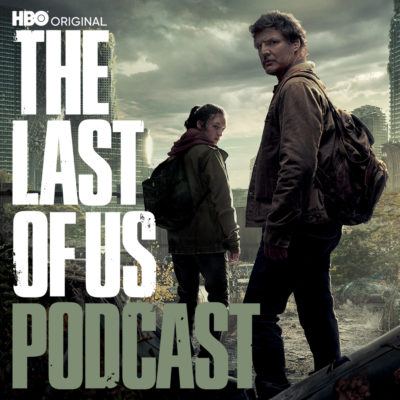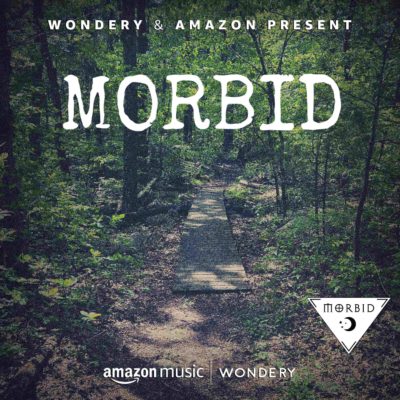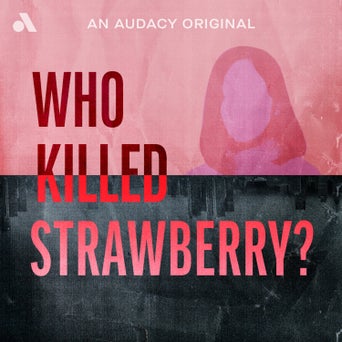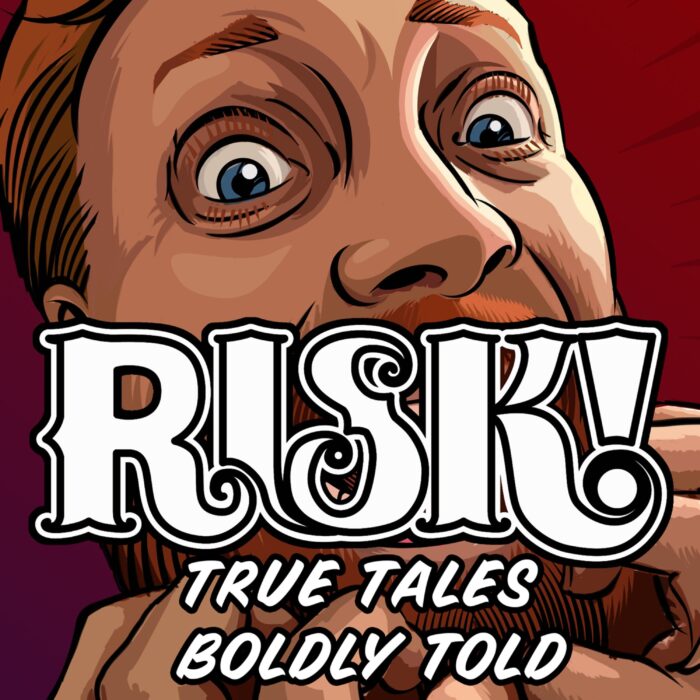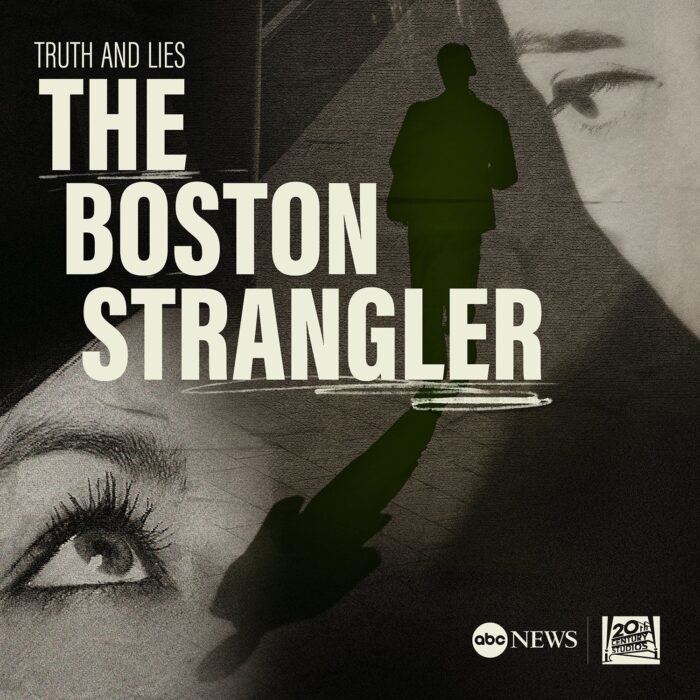‘California Love’ is a history lesson on Los Angeles complete with lessons on Kobe, the Compton Cowboys, and L.A.’s green parrots
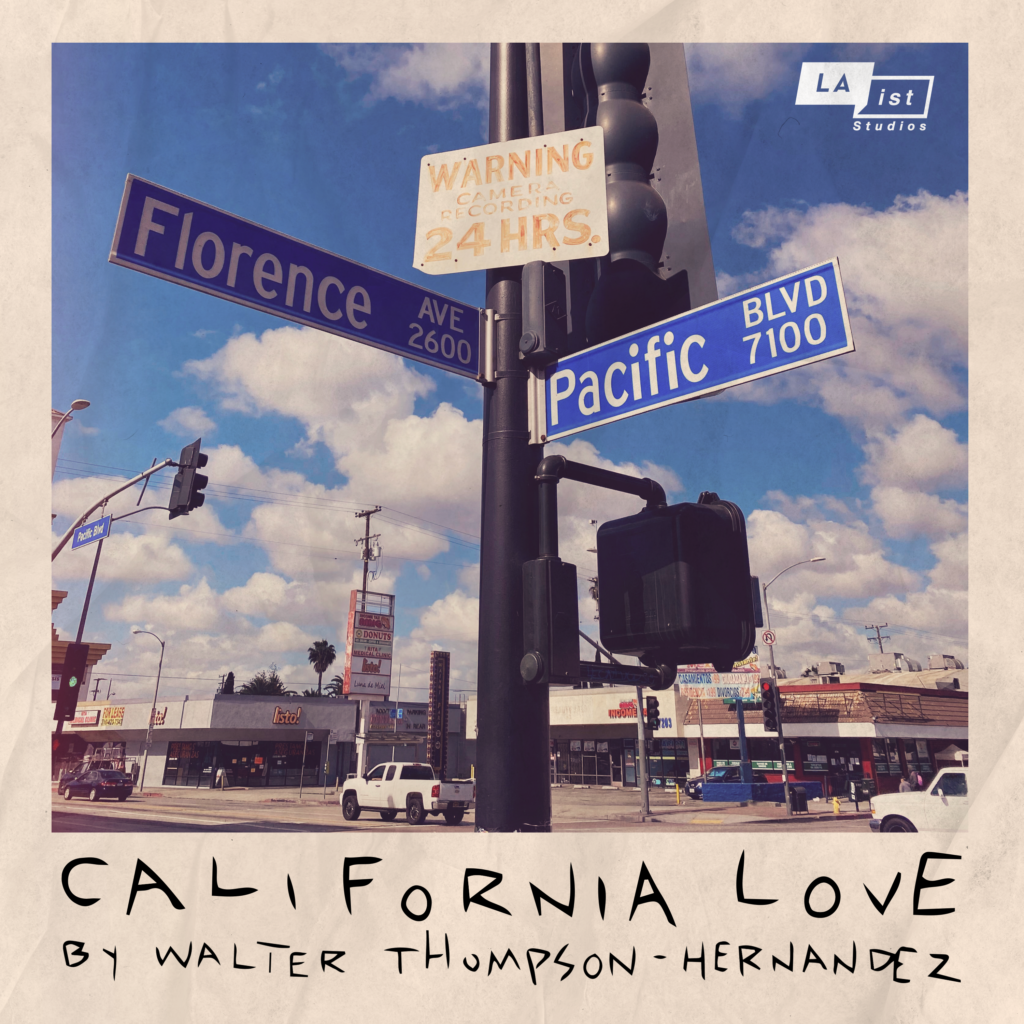
Meet Walter Thompson-Hernàndez – a Los Angeles-born author and writer for The New York Times whose works have focused on identity and belonging in cultures and subcultures around the world. He’s written and directed Sundance Award-winning films, music videos, and commercials. He’s traveled across the globe to Japan, Brazil, and Mexico for his stories. He’s written about fatherhood in Madagascar, biographies on Black communities in Peru, stories on the Cowgirls of Houston, and chronicled the multiracial experience in Belgium.
But all of this travel, all of his desire to learn and grow, stems from his love of Los Angeles. He grew up on the westside of L.A., raised by his mother. They had moved there from the south east corner of the sprawling county, and he couldn’t love it more. The title of his podcast, “California Love,” comes from Tupac‘s and Dr. Dre’s collaboration by the same name. Growing up, this was Thompson-Hernàndez’s anthem, as it was for most kids growing up in the sprawling city of Los Angeles.
“California Love” is six episodes long, along with a 10-minute prologue and epilogue. Episodes are about 35 minutes a pop, each one exploring a different aspect of Los Angeles that has either changed, remained the same, or vanished entirely.
Kobe, graffiti, and the Compton Cowboys
But its focus is on the lives and experiences of people of color in the city, especially as the city seems to push them out. Thompson-Hernàndez dives into the colorful streets of Los Angeles that he has trouble finding now. He talks about graffitiing across L.A. as a means of escape from his home and his mother’s abusive boyfriend. He talks about L.A.’s infamous Scared Straight program, which was established in the 1970s to deter juvenile crime, to which Thompson-Hernàndez was admitted to at just 11 years old for the graffitiing. He talks about how the program (not shockingly) did the exact opposite of its intentions, instead making Thompson-Hernàndez love tagging more and finding even more meaning in it.
He obviously speaks about Kobe Bryant. With this podcast being released in mid-2020, Kobe‘s death was still overwhelmingly raw – the collective mourning, the plentiful memorials, the numerous tributes. Thompson-Hernàndez talks about the Compton Cowboys, a group of childhood friends in the late ’90s who used horseback riding to combat the negative stereotypes of Black Americans in L.A., specifically Compton, and to provide a positive alternative path for kids in the area. He interviews his own mother, Ellie, who moved from a small town in Mexico to Los Angeles at just 14 years old, to understand her relationship with the city.
Must-listen episode: “Parrots: A Parable”
Thompson-Hernàndez gives us a remarkably emotional first-person (first-parrot, as he calls it) account about L.A.’s green parrots. He tells of the myths and legends about the formation of the green parrot population in L.A., with rumors of them coming from owners releasing them due to a Bel Air bushfire in the ’60s, to the Van Nuys Busch Garden theme park that housed numerous parrots that may have escaped when the park converted to a brewery.
While “California Love” is Thompson-Hernàndez’s singular experience growing up, he invites listeners to make it a collective adoration. He asks listeners to love L.A. as much as he does but not for the things that people typically associate with the metropolis. His career is based on wanting to see what life was like outside of Los Angeles, what makes countries and cities around the world different or entirely the same. But “California Love” is his return to the city that has already taught him so much, a city that has changed a lot since the 1990s, and reacquainting himself with the stranger that is L.A. in the 2020s.
Most of all, “California Love” is Thompson-Hernàndez’s love letter to Los Angeles and an emphasis on the disappearing diversity of the city. He takes us through the disappearing Black and Brown communities on the westside, mourning the loss of POC-owned establishments and housing. He has seen his friends need to abandon their smaller communities within the large city – like his friend who had to leave Venice due to rising rent, or his friend who left California entirely for Arizona. While L.A. raised him and taught him, L.A. has changed just as Walter has himself.


